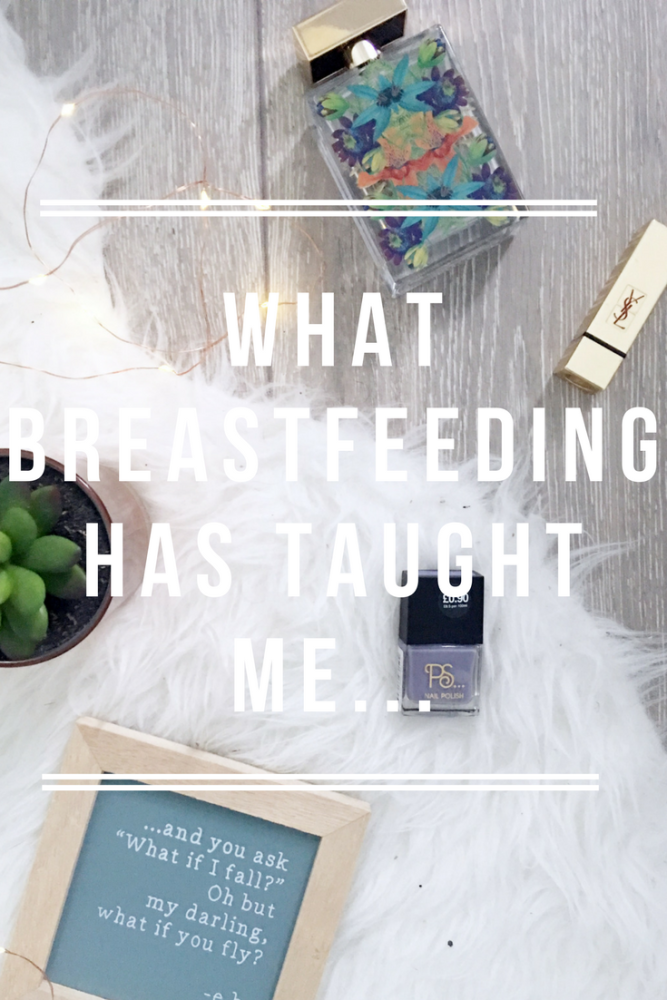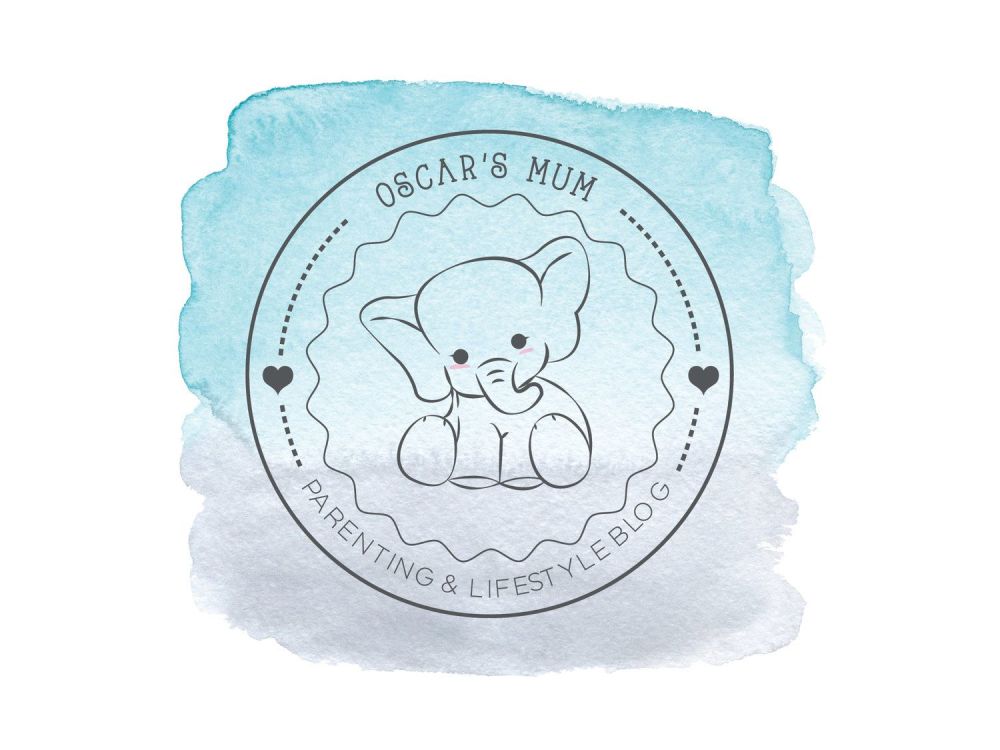 Donating milk had been something I heard about while on a car journey with another Mum. We were discussing how we were both really fortunate by pure luck to have really healthy and what appeared to be, above average supplies. Through surrounding myself with the world that is breastfeeding through books, Facebook groups, discussing with other Mums and most importantly experiencing it myself, I have come to realise that a lot of women struggle to use breast pumps well enough to make a full feed in one session. Some mums can spend hours hooked up to a breastpump and only achieve a few drops/ few ounces and others can make ounces in minutes.
Donating milk had been something I heard about while on a car journey with another Mum. We were discussing how we were both really fortunate by pure luck to have really healthy and what appeared to be, above average supplies. Through surrounding myself with the world that is breastfeeding through books, Facebook groups, discussing with other Mums and most importantly experiencing it myself, I have come to realise that a lot of women struggle to use breast pumps well enough to make a full feed in one session. Some mums can spend hours hooked up to a breastpump and only achieve a few drops/ few ounces and others can make ounces in minutes.
When I was in NICU I went straight to the pump, which may be why I'm able to create such a high supply but may just be luck. I truly believe, through speaking to a number of women and seeing multiple Facebook posts, that it really is just luck. You can either do it or you can't, sadly. Some women believe eating oats and taking supplements are a few of the ways you can increase your supply and others say purely by having your baby feed more will increase your supply- no supplement or type of food will help. I have never needed to and therefore never tried these supplements, but if my supply was dipping or I believed I needed to make more milk for my baby I would try everything under the sun- so no judgement here. I'm simply repeating what I've read!
A lot of times during the early days, Oscar went through phases of cluster feeding and had I not been properly informed through reading up about the subject or being told by my experienced breastfeeding mama friends, that although it seemed like both my boobs were flat, deflated, empty and I simply couldn't produce any more milk- this was impossible. Breastmilk is a river not a reservoir, as they say. You will always make more milk. Cluster feeding is combined with all sorts of leaps and growth spurs that your baby is going through so it's a tricky time to have faith in yourself and your milk. A lot of women see cluster feeding as that their baby isn't satisfied with their milk and that they're crying because they're starving or that they're sucking and nothing's coming out. Believe me I thought this too when it first started happening. This can then lead to a lot of Mums falling into 'the top up trap'. When you're well informed about cluster feeding it allows you to understand what's happening in your babies life. When a baby cluster feeds it's known as 'putting their order in for the next day'. So if your baby is likely going through a growth spurt, their bodies are smart enough to know that, right, Mum, tomorrow I'm gonna need to feed double what I had today. And how do they do that? By cluster feeding. By feeding over and over and over they're sending all sorts of signals to your body to pick up the pace and that they're hungry. Come tomorrow, your body will start producing more milk to support this growth spurt. Cluster feeding happens every 6 weeks or so in a newborns life. If you've read my previous posts it's all about getting prepared. Having great films to watch, plenty of snacks and water around you and getting comfy in bed. Oscar once cluster fed for three hours. The first time I didn't know what the hell was going on and thought I can't possibly be making any more milk. I was also desperate to go to sleep so I was willing for him to go to sleep even more so.
The 'top up trap' is an unfortunate cycle where by a mother thinks she isn't providing enough milk for her baby due to cluster feeding and wonders why they're feeding so much and not falling asleep as they used to after a big feed. Then they go and buy a bottle of formula to a) fill their babies tummies because they feel like their milk isn't enough b) make the baby sleep.
By skipping cluster feeding and going through the long and tedious process of feeding, baby falling asleep, waking up as soon as they're put down, feeding, falling asleep, waking up, feeding AGAIN, falling asleep, waking up, feeding AGAIN... you get the picture. Instead of going through this process and carrying out the signals needed to be sent from their baby to their boobs, effectively, their body WONT make more milk. The baby will be full of formula, sleep and the Mums supply will remain the same. They make wake up the next day and want to continue their breastfeeding journey exclusively and come night time the baby will do the exact same thing, why? Because their body didn't get the signals needed from their baby to produce more milk for the next day. Their baby went to sleep, skipping all that vital cluster feeding and having a belly full of formula that takes a lot longer to digest than breastmilk, thus letting the baby sleep for longer. Sleeping baby = happy Mum. Skipping cluster feeding for sleep = Mums supply won't increase.
If the Mums supply then doesn't increase and the baby tries to cluster feed again. If the Mum is ill informed about cluster feeding and thinks its 'Night 2 of me not making enough milk for my baby', the Mum will most likely make another bottle of formula. And come night 3, 4 or 5 will go for formula straight away. By missing those lucrative night feeds the Mums supply WILL drop. She then WILL not be making enough baby for her milk and WILL choose formula full time for their baby. (Everything they dreaded in the first place and could have avoided) It's a sad, vicious cycle and sadly does cut a lot of Mums breastfeeding journeys short. There's nothing worse than feeling like you're not enough for your baby and having to swap to formula despite it being the last thing you intended. By being well advised, well prepared and having faith in yourself and SCIENCE - it should all work out.
Formula fed babies also cluster feeding and this can lead to a lot of Mums putting their baby on 'hungry baby milk' as they mistake a baby trying to cluster feed for a baby that's 'extra hungry'. This is simply a marketing ploy by formula companies that take advantage of Mums that will buy a thicker, higher calorie formula to fill their babies tummies to stop them crying for more food (the way nature intended). It is the only thing that truly upsets me when I read other Mums putting their baby on hungry milk, 'bed time milk' or rusks in their bottles just to get them to stop crying/sleep more. Breastmilk digests in 2 hours roughly in a newborn and formula takes a lot longer and therefore baby is more 'content' supposedly. However I would much rather my baby fuss a little to increase my supply, and be breastfed, than fill their little tummy with a powder based milk just to get them to be quiet. (If a Mum tried everything they could to breastfeed and simply couldn't, I don't judge this, but formula just to get some sleep, makes me sad!)
Anyway, enough about cluster feeding and rocking the boat with my formula opinions. Back to pumping. I have never had any trouble with pumping and have always had a great supply. A lot of women who struggle ought to check the 'flange size' this is the size of the hideous bit that goes over your nipple. The pump needs to mimic your baby suckling, a flange too small and it will only stimulate the end of a nipple. And breastfeeding works by the baby suckling way further back and getting a flow from the back of the breast. A baby doesn't suck on the end of a nipple so a flange needs to not just 'tickle the end'!! Too big a flange and the machine won't be able to produce a big enough force when mimicking sucking as there will be too much air/space around the breast for the machine to really latch on. So finding the right flange size is crucial.
Having the right settings is also important. Most machines (I've used two- one from the hospital and my own Medela double swing) and both have settings available where you can start the pump on short, quick bursts of pressure to stimulate the breast and encourage flow. It's also a nice gentle way to ease you into a pumping session instead of going HAM straight away. Once you've done a few short, high pressured pumps (not a lot will come out during these pumps but it's important to stimulate flow) you can swap to long, medium pressure, exaggerated pumps. This is when the pump reeeeeally starts to sound like a cow in a field mooing to the lasted Electro House track. This is when you should start to see the milk coming out. It should feel tingling but by no means painful.
When I decided to donate, Oscar was 8 months old, so instead of trying to increase my supply drastically, I simply let him feed on one side during the night so that I woke up with a FULL side and pumped that, then when I put him to sleep and he began his stretch of around 5 hours sleep, after 2/3 hours I would pump half one side and half the other. These sessions I was able to pump for 7-10 minutes and get 5oz each time. This is something I almost feel embarrassed to share as so many women struggle to get that amount. But I'm sorry, can't be helped! I think by donating it made me feel like I was putting my super strength pumping abilities to better use and really making the most of them.
I wrote on the Facebook page Human Milk 4 Human Babies UK and stated my age, smoker status (non-smoker), good diet, no health conditions and where I was located. I had two women contact me, one was a woman who struggled to breastfeed and baby had really bad reflux so was vomiting a lot of her feeds back up and also didn't take very well to formula so the woman was searching for a donor, the second woman who contacted me lived a little further away than the first, but her baby was born 6 weeks premature, was now 4 months old and was fighting some health conditions. This 'case' was a lot closer to my heart as I know exactly what the Mum went through and couldn't imagine her pain not being able to feed her baby. But thought it was amazing that she went the extra mile to find donated milk for her baby as breastmilk has so many more beneficial factors over formula and will improve the likely hood of her daughter getting better due to the properties of breastmilk.
I ended up pumping for two and a half weeks and donated 150oz of milk. She drove an hour to me and I met her 20 minutes from my house in a pub carpark.
Using the Facebook group to donate milk meant there was no guarantee of the health of the person donating. I felt a lot of pressure to make sure I cleaned my breaspump thoroughly inbetween every use and made sure every 5oz bag I pumped went straight in the freezer so there was no chance of any of it being left out too long.
One day I came downstairs in the morning and found the freezer settings had been tampered with and the box had started to melt so I went down to Currys and bought a chest freezer thinking mine was broken (OH came home and fixed it at the end of the day in seconds after all that) I lost 10oz but just fed Oscar them in a cup and pumped the feeds he would have had.
I'm so glad I was able to give back and do something for the 'premature community'. I stopped after two and a half weeks and donated 150oz and then went on holiday two days later so I'm glad I didn't set myself a goal too high, pump loads and make my supply double only to be left uncomfortable or have to pump on holiday!
Pumping that much brought back all the memories of pumping in NICU and I am so glad we were able to ditch the pumping and just breastfeed because I forgot how tedious it all is! But so worth it.
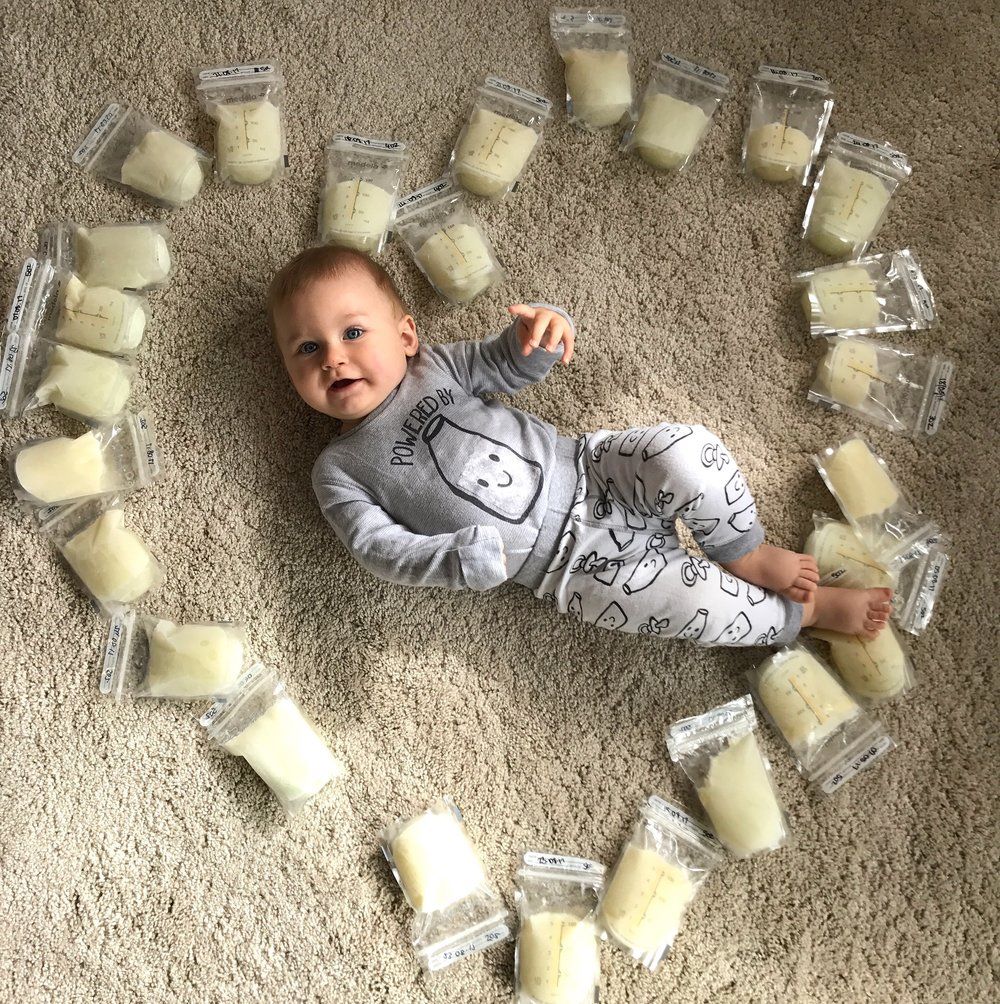
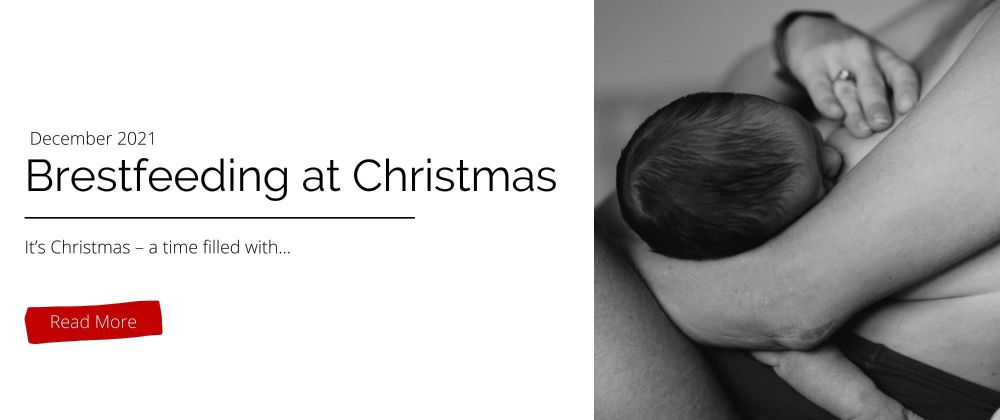


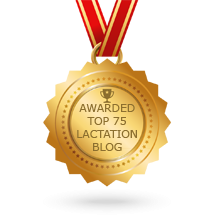

 Ingredients
Ingredients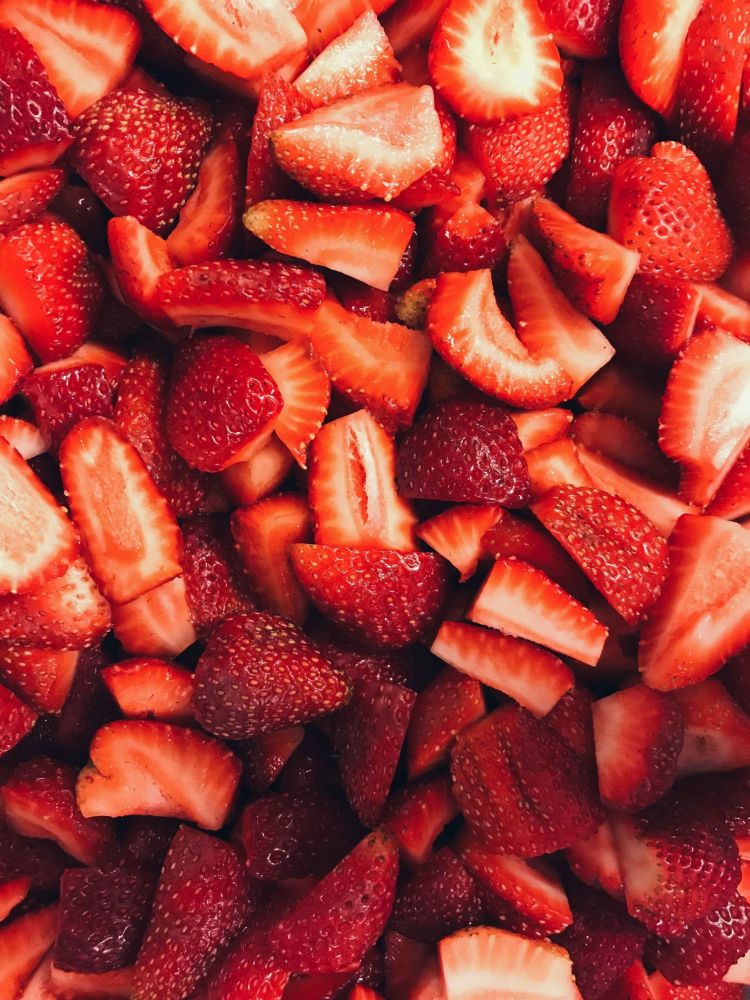 Ingredients
Ingredients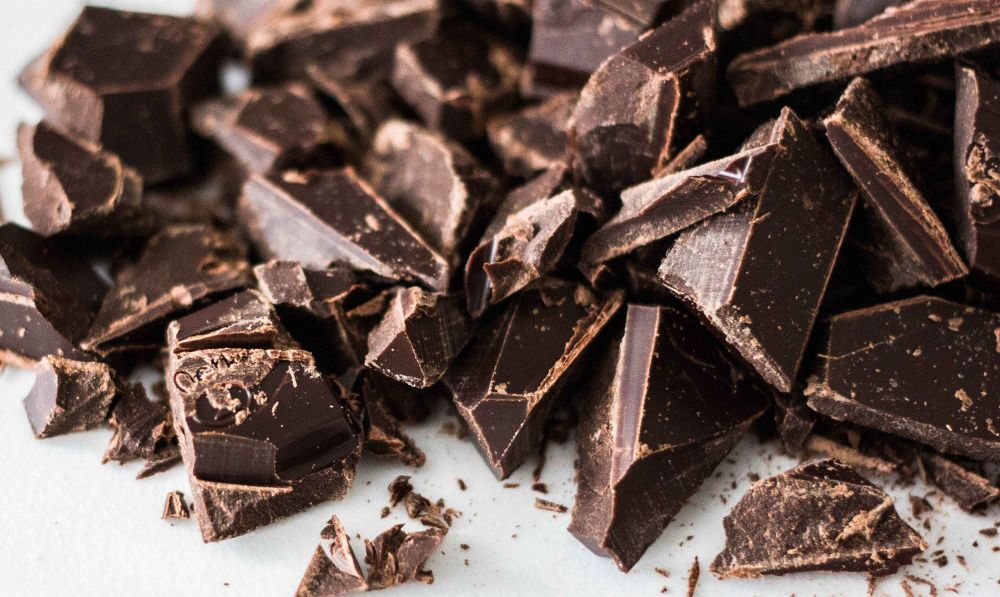 Ingredients
Ingredients
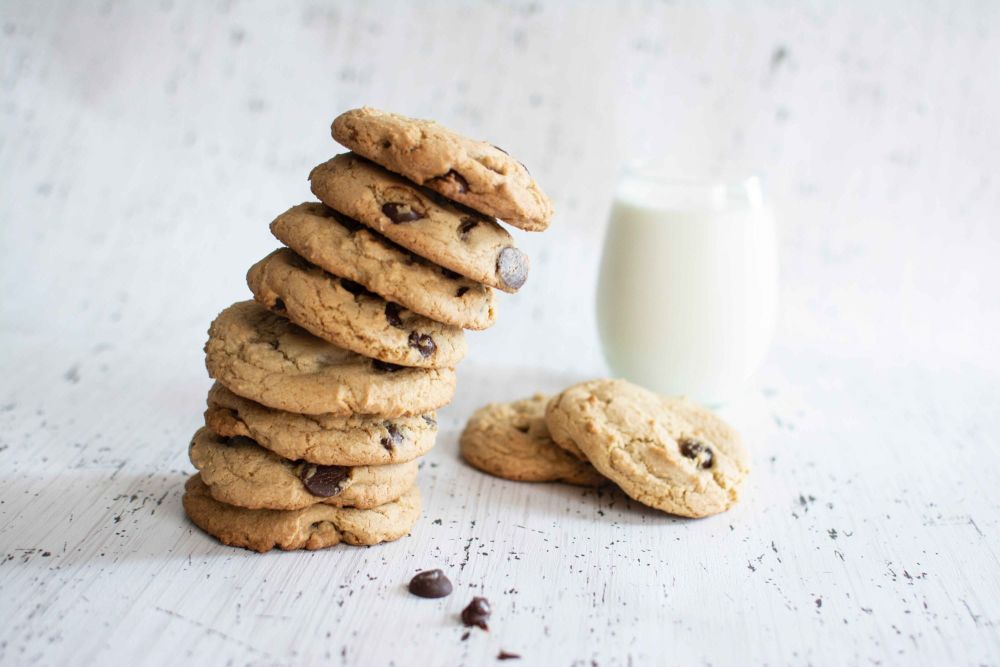



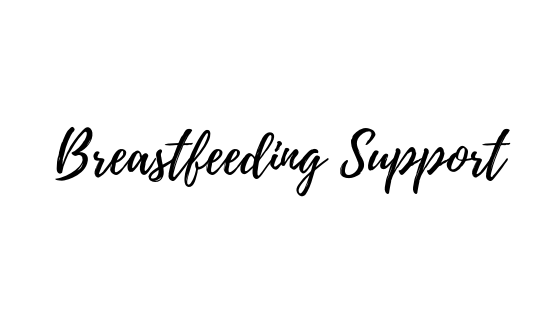
 Donating milk had been something I heard about while on a car journey with another Mum. We were discussing how we were both really fortunate by pure luck to have really healthy and what appeared to be, above average supplies. Through surrounding myself with the world that is breastfeeding through books, Facebook groups, discussing with other Mums and most importantly experiencing it myself, I have come to realise that a lot of women struggle to use breast pumps well enough to make a full feed in one session. Some mums can spend hours hooked up to a breastpump and only achieve a few drops/ few ounces and others can make ounces in minutes.
Donating milk had been something I heard about while on a car journey with another Mum. We were discussing how we were both really fortunate by pure luck to have really healthy and what appeared to be, above average supplies. Through surrounding myself with the world that is breastfeeding through books, Facebook groups, discussing with other Mums and most importantly experiencing it myself, I have come to realise that a lot of women struggle to use breast pumps well enough to make a full feed in one session. Some mums can spend hours hooked up to a breastpump and only achieve a few drops/ few ounces and others can make ounces in minutes.
